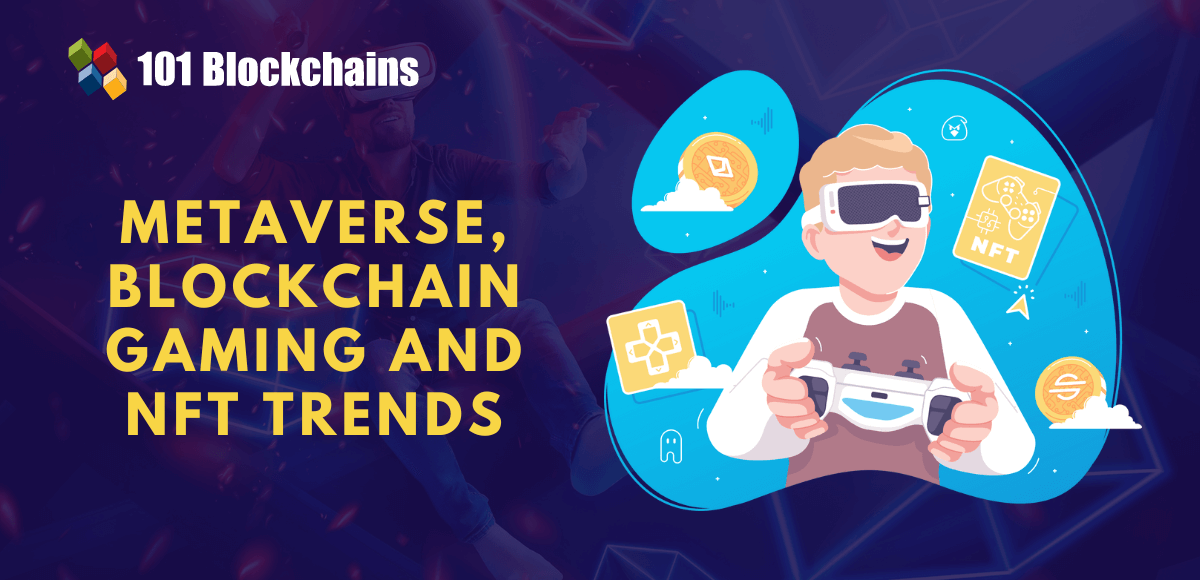Burtowy Insights
Your source for the latest news and insights.
When Pixels Meet Profits: Exploring the Future of Crypto Gaming Trends
Uncover the explosive fusion of gaming and cryptocurrency! Dive into the latest trends reshaping the future of crypto gaming profits.
The Rise of Play-to-Earn: How Crypto Gaming is Reshaping Player Incentives
The rise of play-to-earn models is revolutionizing the gaming industry, offering players not just entertainment, but also real-world financial benefits. Unlike traditional gaming systems where players invest time and money without any tangible return, play-to-earn games leverage blockchain technology, allowing gamers to earn cryptocurrencies and digital assets that hold value outside the game environment. This shift has attracted a diverse range of players, from casual gamers seeking extra income to serious investors exploring new opportunities in the ever-evolving landscape of crypto gaming.
As the appeal of play-to-earn mechanisms grows, developers are also adapting their strategies to enhance player engagement and satisfaction. By creating ecosystems where in-game achievements can be converted into cryptocurrencies, companies incentivize users to spend more time in the game. Over time, this not only boosts the longevity of games but also cultivates a dedicated community of players who are invested in the game’s success. As we move forward, the impact of play-to-earn on player incentives will likely continue to expand, reshaping how we view the intersection of gaming and finance.

Counter-Strike is a popular tactical first-person shooter game that pits two teams against each other: the Terrorists and the Counter-Terrorists. Players engage in various game modes, completing objectives such as bomb planting and hostage rescue. For players looking to enhance their gaming experience, using a shuffle promo code can provide exciting advantages and benefits.
Understanding Blockchain Integration in Gaming: Key Trends for 2024
As we step into 2024, blockchain integration in gaming continues to reshape how players interact with virtual environments, assets, and economies. This technology not only enhances security and transparency but also provides gamers with true ownership of in-game items through non-fungible tokens (NFTs). According to recent industry reports, over 60% of gamers are interested in exploring blockchain-enabled gaming experiences, indicating a substantial shift in consumer interest. As developers increasingly adopt blockchain technology, we can expect to see several key trends emerge, including decentralized gaming platforms, play-to-earn models, and enhanced player-driven economies.
One of the most significant trends in blockchain integration for gaming in 2024 is the rise of play-to-earn (P2E) models, where players can earn real-world value from their in-game activities.
These models reduce the barrier to entry for new players while providing existing gamers with tangible rewards for their time and effort.Additionally, we may witness a growing number of collaborations between traditional gaming studios and blockchain companies to create immersive experiences that capitalize on this innovative technology. As the gaming landscape evolves, stakeholders must stay informed about these evolving trends to maximize their engagement in this exciting new frontier.
What Will the Future of NFT-Based Games Look Like?
The future of NFT-based games is poised for significant evolution as the technology and gaming landscapes continue to merge. Developers are exploring innovative ways to integrate non-fungible tokens (NFTs) into gameplay, which may lead to immersive experiences that reward players not just with in-game assets, but with true ownership of their digital possessions. Imagine a world where every achievement in a game translates into a unique NFT that players can trade, sell, or use across multiple platforms. This concept is being driven by community engagement and the growing importance of decentralized finance (DeFi), allowing players to earn real value from their in-game efforts.
As NFT-based games continue to develop, we're likely to see a shift toward more complex ecosystems that include cross-game compatibility and interoperability. Players may be able to carry their NFTs from one game to another, creating a rich tapestry of interconnected experiences. This opens the door to collaborative gameplay and shared worlds, where players might also have a say in game development through governance tokens. In this evolving landscape, the role of blockchain technology will be paramount, ensuring transparency and security for ownership rights, while enhancing the player experience by providing a verifiable history of digital assets.